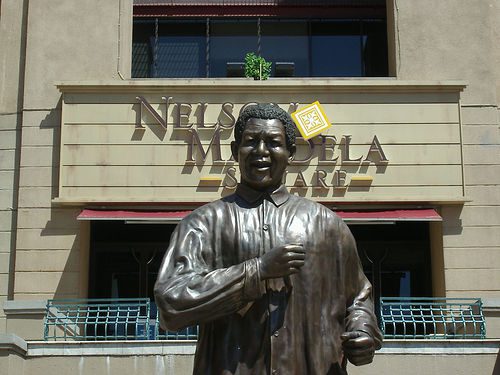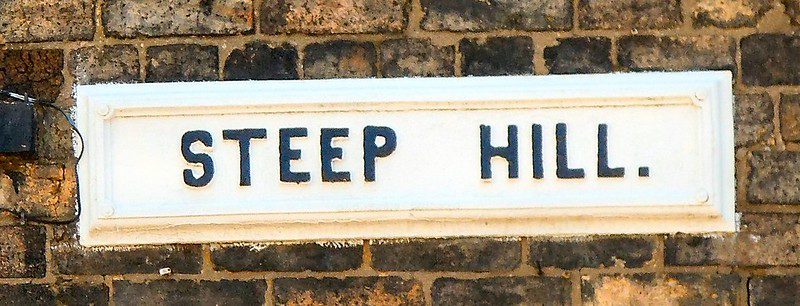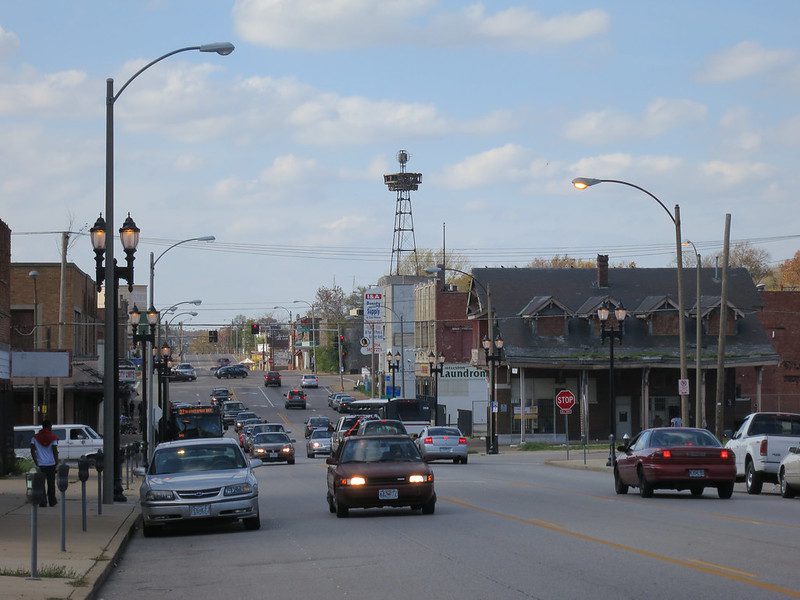
“Icon?”
Nope.
“Inspiring speaker?”
Nope.
“National leader?”
Nope.
“World figure?”
Nope.
He was, of course, all of these things. Those words, however, fail to capture him completely, and in fact, they limit our understanding of his legacy.
He was, first and foremost, an organizer. He brought people together to gain power and win justice. He masterminded a revolution because he moved a team of powerful leaders and helped them to clarify and act on their own self-interest.
That’s what organizers do.
So why don’t we see that word—organizer—in many (perhaps any) of Mandela’s obituaries?
In part, it’s because some don’t understand what an organizer is.
But in part, it’s because many reflexively recoil from the term. It has, to some, a negative, Rasputin-like connotation.
It is, however, a noble calling and profession to gently but relentlessly break down the apathy, fear, isolation, and helplessness that can paralyze us into doing nothing and retreating into mindless distraction. Organizers call on each other and on the grassroots leaders they develop to act to create a better world.
Organizing is alive and well at this moment of Mandela’s passing. Eliseo Medina of SEIU, Jim Wallis of Sojourners, Ana Garcia Ashley of Gamaliel and others have been putting their bodies on the line in a national fast for immigration. Fast food workers demanded a $15-an-hour wage in 100 cities. Leaders from Asamblea De Rechoes and other civil rights leaders from around the country staged a protest at the Republican National Committee for Immigration Reform—hopefully they will be meeting with Chairman Reince Priebus in the next 30 days to try to find a solution to the bottleneck.
And on Dec. 9, thousands participated in Reclaiming the Promise, a nationwide action to promote quality public education.
Organizers don’t pound the drum on their own behalf; they are too busy winning issues. But at moments like this, the importance of organizing is revealed. It moved a nation, and our world, through the genius of its foremost practitioner, Nelson Mandela. Blessed be his sacred memory.
(Photo by Paul Jacobson CC BY-NC-SA)





Laura, I totally agree with your article. Are you still in St. Louis. It looks like you are still fighting the good fight. The very best to you and your family Paul